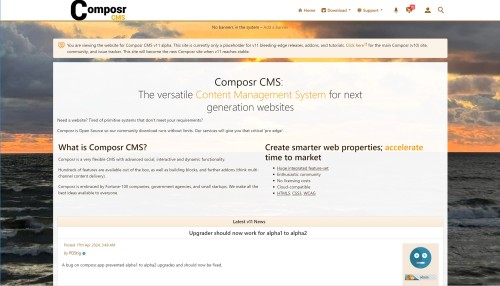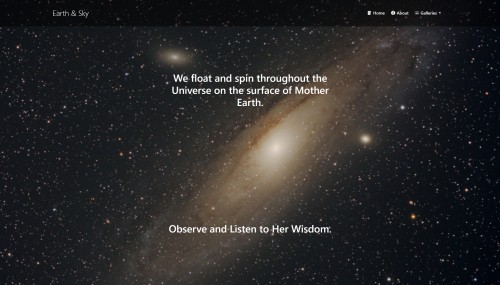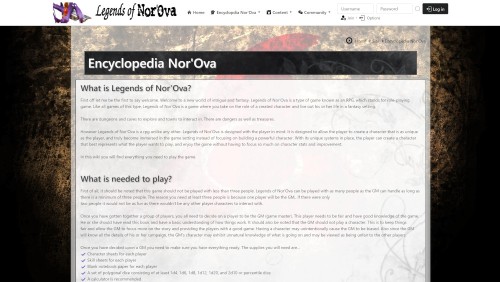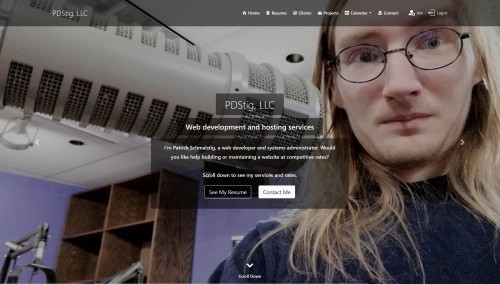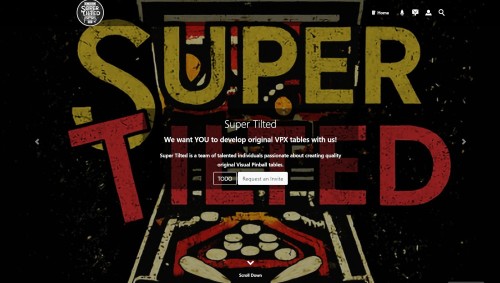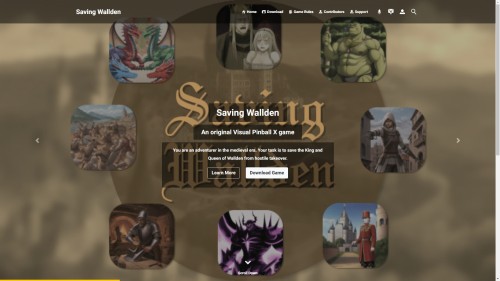Featured Sites: A-Z Index
H
Newest 10 Entries
| Question | Can I use the calendar as a personal diary and keep my entries private? |
|---|---|
| Answer | Yes. When adding an event to the calendar, you can choose to make it public or private. Private events are generally used when someone wants to use the calendar system as a diary. |
| Question | How can I set up reminders for events? |
|---|---|
| Answer | When adding or editing an event, you can enable reminders for yourself and specific user groups. You can also choose how much notice you want for each reminder. Members can subscribe for reminders on an individual event screen. They can also personalize their reminder settings, including removing reminders or having multiple reminders at different times. Members can also subscribe for notifications to specific event types to be notified whenever events under those types are scheduled. |
| Question | How can I schedule Commandr commands to run automatically? |
|---|---|
| Answer | To schedule commands, create an event with the "System command" event type. This option needs to be enabled in the configuration first. In the event details, you can specify either a URL for Composr to call or a snippet of Commandr code to execute. Be sure to disable the WYSIWYG editor for this type of event. You'll also need to have the system scheduler configured for the commands to run automatically. |
| Question | Can I add external feeds to the calendar? |
|---|---|
| Answer | Yes, you can add RSS or Atom feeds to your calendar. This lets you view time-based information from external sources alongside your calendar events. |
| Question | What do I do if a recurring event needs to be changed or skipped? |
|---|---|
| Answer | Composr has a "fixing an event" feature to handle changes to recurring events. This is useful if an event needs to be cancelled or rescheduled. You edit the event as if it were a new, standalone event and choose the "Edit with fixing past recurrences" option. This separates the past occurrences from the modified event, ensuring future recurrences reflect the changes. |
| Question | What is the "recurrence pattern" and how does it work? |
|---|---|
| Answer | The recurrence pattern is a powerful tool that defines how often an event repeats. While it might seem complex at first, it provides a lot of flexibility. Think of it as a binary code where each digit represents a time period (like a day or week). A "1" indicates the event occurs, and a "0" means it doesn't. This lets you create complex schedules like "every weekday" (daily with pattern 1111100 if it starts on a Monday) or "every other Tuesday" (weekly on Tuesday with the pattern 10). |
| Question | What are the different views available in the calendar? |
|---|---|
| Answer | The calendar has five views:
You can easily navigate between these views to get different levels of detail and focus on specific periods or events. |
| Question | How do I add events to the calendar? |
|---|---|
| Answer | You can add events in several ways:
Deleting events can be done at the bottom of the event's edit form. You have options for recurring events, such as editing/deleting the specific occurrence, editing/deleting future ones, or all of them. |
| Question | How do I categorize events? |
|---|---|
| Answer | You categorize events using "Event types". Composr provides default types like "Anniversary", "Appointment", "Birthday", "General", "Public Holiday", "Task", "Vacation", and the special "System command" for executing Commandr commands. You can also add your own custom event types to suit your specific needs, such as "Appraisal Session" for a business website. |
| Question | What is an "event" in the Composr calendar system? |
|---|---|
| Answer | An event is any entry in the calendar. Importantly, an event isn't limited to a single point or range in time. Events can recur based on a schedule you define. This makes them very flexible – they can represent anything from one-time appointments to recurring birthdays or even weekly team practices. |
Top 10 Entries
| Question | What is rate limiting and how can I enable it in Composr? |
|---|---|
| Answer | Rate limiting prevents server overload by restricting the number of requests allowed from a single IP address within a specific timeframe. To enable Composr's built-in rate limiting, add the following to your _config.php file:Code (PHP)$SITE_INFO['rate_limiting'] = '1'; $SITE_INFO['rate_limit_time_window'] = '10'; $SITE_INFO['rate_limit_hits_per_window'] = '5'; This configuration limits each IP to 5 requests every 10 seconds. This feature generates soft errors early in the process before Composr fully loads. |
| Question | How can I reduce disk activity to improve performance? |
|---|---|
| Answer | If your hard disk is slow, you can implement the following settings in your _config.php file to minimize disk access:
Note: These settings override default behaviors and may have unintended consequences. Use with caution. |
| Question | What is static caching and how do I enable it? |
|---|---|
| Answer | Static caching drastically improves performance by serving pre-generated pages to bots and guests. This works because these users typically don't require dynamic content. To enable it:
Composr intelligently determines what to cache, and you can further control this via options within the Installation Options. Be aware that enabling static caching may disable eCommerce features for guests unless specifically configured. |
| Question | What are Composr caches and how do they improve website performance? |
|---|---|
| Answer | Composr utilizes various types of caches to enhance performance by storing pre-calculated results and reducing repetitive tasks. These caches include:
|
| Question | How can I troubleshoot notification problems? |
|---|---|
| Answer | If you're having issues with notifications, here are some troubleshooting steps:
|
| Question | Can I control which notifications members receive? |
|---|---|
| Answer | Yes, you can control notification settings through two mechanisms:
|
| Question | What notification options are available to members? |
|---|---|
| Answer | Members can choose from a wide range of notifications, including:
Members can choose to receive notifications via:
|
| Question | Can I share content like news and banners across the M.S.N.? |
|---|---|
| Answer | Yes, you can share news by placing it on the central site and using RSS blocks on satellite sites to display it. Banners can be shared by adding them to the central site and configuring satellite sites to use the central site's banner.php script. |
| Question | What should I consider when managing usergroups for subcommunities? |
|---|---|
| Answer |
|
| Question | What are Composr Clubs and how are they useful for subcommunities? |
|---|---|
| Answer | Clubs are special usergroups in Conversr (Composr's forum system) designed for creating subcommunities. They come with their own dedicated forums and are managed by members, taking pressure off site staff. Key features:
|


